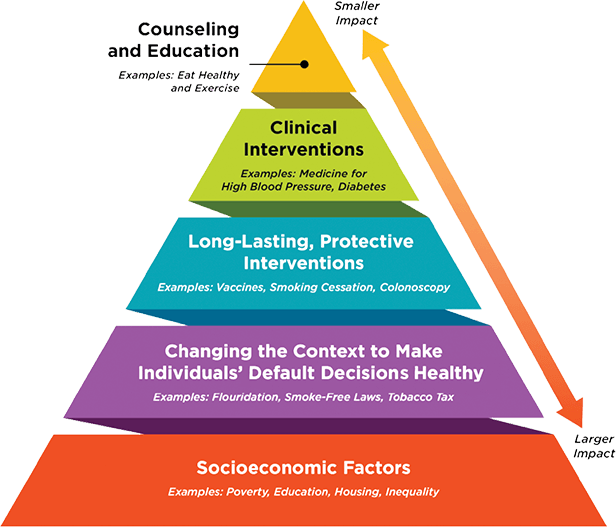A Clearer Picture
A new study homes in on the health care needs of Lahaina’s Filipino wildfire survivors.
For Lahaina’s Filipino community, which made up 40% of the town’s pre-disaster population, the 2023 Maui wildfires hit especially hard.
A new study by Meldrick Ravida, MPH for Kaiser Pemanente Hawaii, sought to assess the unique health needs and challenges within this community, as well as ways to improve outcomes and well-being. Ravida is a public health practitioner who did an American Public Health Association fellowship at Kaiser Permanente.
Ravida’s study examined the socioeconomic, cultural, and health factors affecting the recovery of Filipino wildfire survivors in his report, “Lāhainā is in the Heart: A Landscape Analysis of Health Needs and Recovery Strategies for Lāhainā's Filipino Community.” Research included “talking story” with community members, leaders, and advocates, as well as data analysis and a literature review.
The study found several key areas of health challenges including a cultural stigma regarding mental health care; a limited number of health care professionals fluent in Ilocano, Tagalog, and other Filipino languages; higher rates of diabetes and cardiovascular disease; and economic instability, with job losses especially extreme among those working in tourism and food service.
Next, Ravida’s report suggested tailored health interventions, as well as potential programs and partnerships that could support the long-term recovery of Filipino wildfire survivors. For example, culturally sensitive mental health programs could be developed to address the stigma associated with that type of care. Another example: expanding language support to include Ilocano, Tagalog, and other Filipino languages. Another potential initiative would create pathways for Filipinos to enter health care careers, the study suggests, which could both reduce unemployment rates and boost health care service within the local community.
By focusing on the specific needs of the Filipino community in Lahaina, this new study contributes not only to a more equitable and effective recovery process, but ultimately can help support the broader goal of improving health outcomes for all residents of Hawaii.
